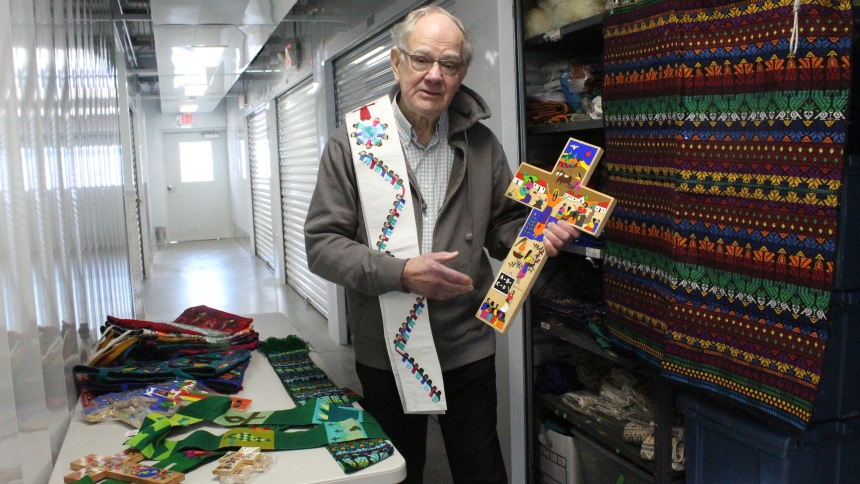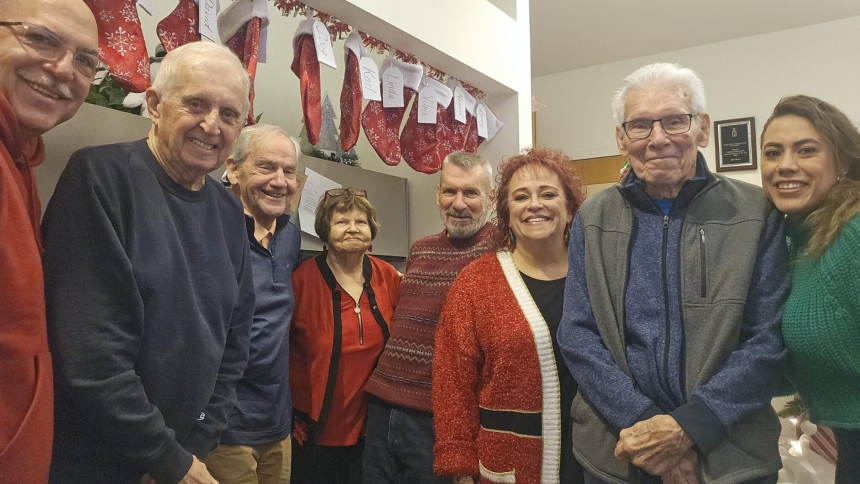
Can you believe we are now entering Lent 2024? I don’t know about you, but each Lent brings me to look at fasting in a fresh way.
I invite you to take some quality time to write down some of your memories of fasting – as a child, as a teenager, as a young adult, and now, at your current age. How do you think about fasting now? What do you notice as you reflect on your experience of this penitential practice? Do you notice, as I do, that our ways of fasting and our understanding of fasting have changed as we mature?
Fasting is a disciplined practice of refraining from food and possibly drink for a particular period of time. The Church traditionally prescribes daily fasting as one main meal with two smaller meals and no eating between meals.
There are many reasons for fasting. Experiencing hunger helps us be in communion with those who live with daily hunger. Doing without food for a time helps us build “spiritual muscle.” As we choose to do without something good, we grow our ability to say “no” to things and actions that are not good for us. Another good thing about fasting is that we can share with those who are hungry the money we save by eating less food.
Fasting can also be about what we eat. Do we choose foods that are really healthy for us? Do we choose to cook at home more often instead of eating fast food on the run? We tend to eat more than our bodies need. Might we fast from processed snack foods in favor of no snack or a healthy snack? When we go to the grocery store, could we be intentional as we load our carts? What if we would ask about various items, “Do I really need this?” and then put what we don’t need into a bag for someone who is hungry?
So far, we’ve looked at some of the basics about the spiritual practice of fasting. Now I would like to invite you to think about fasting in some new ways that I believe can help us grow spiritually.
Fasting is about conversation. If we live in a family or a community, we can’t just fast by ourselves. We need to let others know what we are doing and quite possibly invite them to join us in fasting. At work, do we talk together about our fasting and other spiritual practices so we can learn from each other and help each other grow?
Is fasting only about food? Might we fast from some bad habit – gossip, stretching the truth, avoiding someone we don’t especially like? Might we fast from overwork, working fewer hours so we can spend more quality time with our family?
Fasting needs to be more than a private matter and should move us to compassion and to action. Can fasting lead us to share food with others – with a neighbor who is homebound, with a family who struggles, with people staying at a homeless shelter? Can fasting lead us to support or volunteer at a soup kitchen or a food pantry? When we think about fasting from food, do we ever think of those who are hungry and because of medical issues are not able to eat because there is no one to feed them?
Do you know someone who needs help or support? If not, might we ask our parish or an organization if there is someone who needs help or support? Might we help deliver food to a neighbor or, through our parish, to strangers in need so they will not go to bed hungry? Using our lunch break or a day off to help in this way extends the grace of fasting to help others eat.
With these new ways to think about fasting, let’s make this 2024 Lent special, not only for each of us individually, but also for our families as we eat healthy meals together, and for those in need of food every day who we might support.
Let’s keep all of this in prayer. Perhaps we can’t take great steps to solve the problem of hunger, but let’s try together to take small steps to look at our fasting as a way to help the hungry.
Sister Mary Ellen Goeller, PHJC lives in Portage. A native of Mishawaka, who holds degrees in commerce and health care administration, she has served for many years in a variety of health care and administrative positions.



